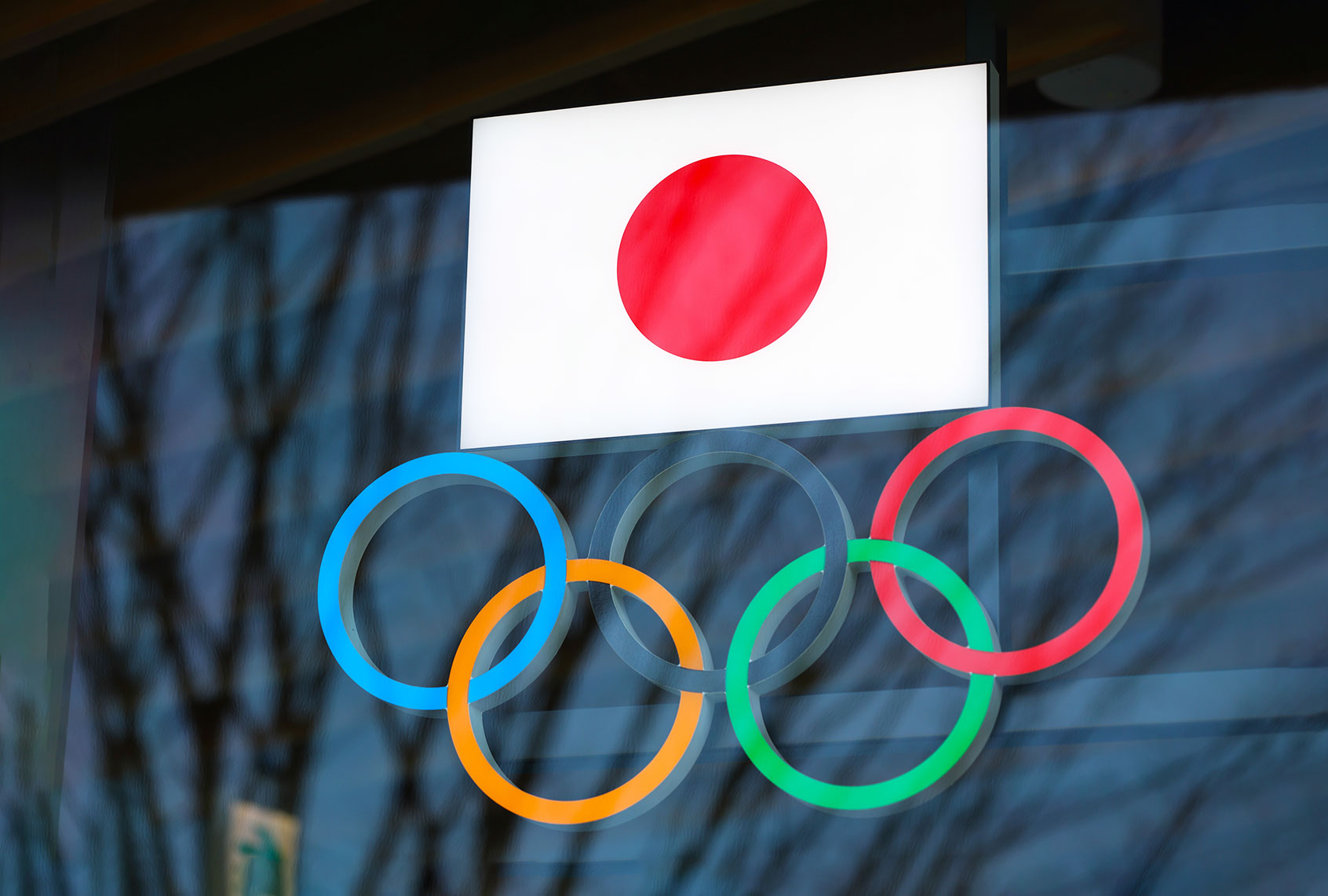Athletes who take a knee or raise a fist in protest of racial inequality will be punished in accordance with the new rules of the 2020 Summer Olympics in Tokyo, which bar athletes from engaging in any kind of “demonstration or political, religious or racial propaganda.”
According to CBS Sports, the International Olympic Committee (IOC) Athletes’ Commission chief Kirsty Coventry recently reviewed the restriction (Rule 50), which was approved, along with a series of recommendations, by the IOC’s board on Wednesday. “I would not want something to distract from my competition and take away from that,” Coventry said in a virtual presentation. “That is how I still feel today.”
In addition to addressing Rule 50, the board’s recommendations tackled the issue of international sanctions, added a spirit of inclusivity to the Olympic Oath, and made sure that athletes’ attire also reflected a great sense of inclusion as well.
Coventry told Reuters that a majority of athletes agree with Rule 50. “That is what they are requesting for,” she said. The recommendations reportedly came out of an almost year-long period of deliberation with 3,500 different athletes dating back to June of last year. According to Coventry, about 70 percent of athletes did not want to engage in any kind of racial justice demonstrations during the event. “A very clear majority of athletes” think that it is “not appropriate to demonstrate or express their views on the field of play, at the official ceremonies, or on the podium, and so our recommendation is to preserve (those places) from any kind of protests and demonstrations or acts perceived as such,” Coventry said about the survey’s findings.
The decision marks a relatively conclusive end to a long-brewing internal spat between members of the IOC on the subject of political demonstrations.
Back in December, World Athletics President Sebastian Coe and President of the International Olympic Committee Thomas Bach hit an impasse over what should be defined as “political and religious marketing,” displays which are expressly barred in Article 1.3.5 of the World Athletics marketing and advertising rules.After Coe lauded the “bravery, dignity and morality” of three Black athletes who raised black-gloved fists into the air in protest of racial inequality during the 1968 Olympic games in Mexico City, Bach argued that Coe’s support of the display contravened Article 1.3.5 of the World Athletics’ rules. World Athletics responded that it does “not believe gestures against racism can be defined as political or religious marketing.”
“Rule 1.3.5 of our marketing and advertising rules relates specifically to marketing and advertising displays,” a World Athletics spokesperson explained. “There is nothing in these rules or the World Athletics integrity Code of Conduct to prevent athletes from protesting as long as it is done in a respectful manner, considers other athletes, and does not damage our sport.”
As tensions run especially high amid a worldwide push for racial justice, other organizations like Fifa have supported “common sense” rules surrounding political demonstrations, a marked departure from the organization’s strict prohibition on political displays, according to Reuters. Last summer, at the height of the recent racial unrest in the U.S., Fifa expressed that it “fully understands the depth of sentiment and concerns expressed by many footballers in light of the tragic circumstances of the George Floyd case” and encouraged players to “use common sense and have in consideration the context surrounding the events.”
On Wednesday, British Olympic association appeared to uphold the IOC’s position. A representative stated: “As we have recently reiterated, we also strongly believe that sport and politics should continue to remain separate.”

